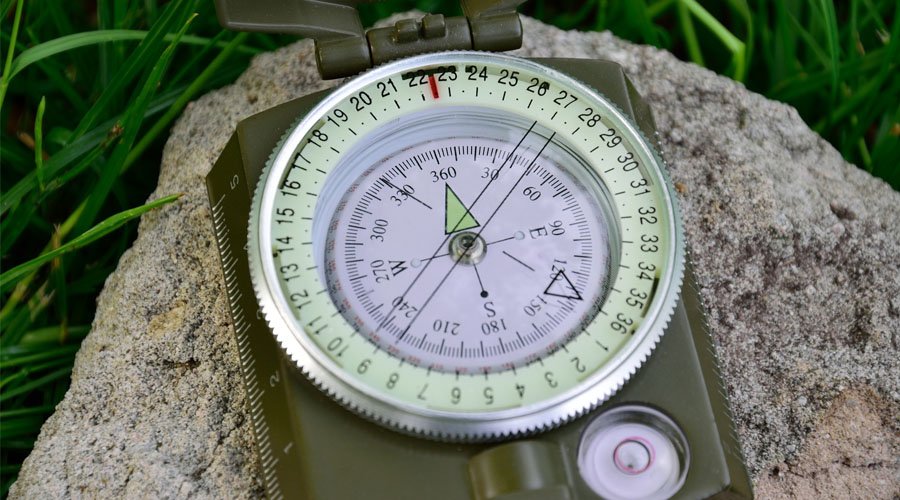When planning camping trips, hiking excursion, hunting vacations, and other outdoor activities, no one likes to imagine the odds of an emergency occurring.
However, as much as we like to focus on how fun our outing will be, it’s never a good idea to assume everything will go smoothly. This is why having at least a minimal amount of survival equipment is essential for any outdoor fun.
Here are a few suggestions to consider for your next outing.
One of the most important pieces of survival equipment would have to be your navigational gear. These devices not only do wonders for helping you find your way around the forest, but they’ll also prove vital in the event that you end up lost.
These items include compasses, flashlights, emergency flares, and GPS receivers. GPS receivers are particularly useful in that many such devices come with emergency buttons that allow you to alert the authorities in an emergency.
Another type of important survival equipment is your food stores. While granola, dried jerky, and other hearty foods may be fine for a short hike or hunting trip, for lengthier stays in the wilderness, it’s a good idea to pack something a bit more nourishing.

Fortunately, with the variety of canned, vacuum sealed, dehydrated, and freeze dried meals available, you can enjoy a variety of different meals without compromising your packing space.
Best of all, these meals can last for years or more, which means you don’t have to worry about it spoiling during your trip. However, if you have any dietary requirements or restrictions, be sure to pack any necessary vitamins or food allergy pills with you.
Finally, your is another crucial piece of survival equipment to have on hand. After all, you never know when an accident may result in a broken bone or a messy gash.
Depending on the length of your stay, you may choose a basic or a detailed kit. The smallest kits typically include bandages, disinfectant, insect bite creams, suntan lotion, and other essentials.
Larger kits can consist of large gauze rolls, bone splints, wound irrigation systems, and more. Also keep in mind that if you have any pills, inhalers, or needles you use daily, it’s typically a good idea to keep a few extra doses on hand in case they’re needed.
These are only a few different kinds of survival equipment to consider. While it may seem trivial to pack much of this, you’ll find yourself quite grateful that you have them in the event of an emergency.
Furthermore, packing them allows you to relax more and focus on communing with nature rather than worrying over emergency situations. Learn more about survival equipment today!


